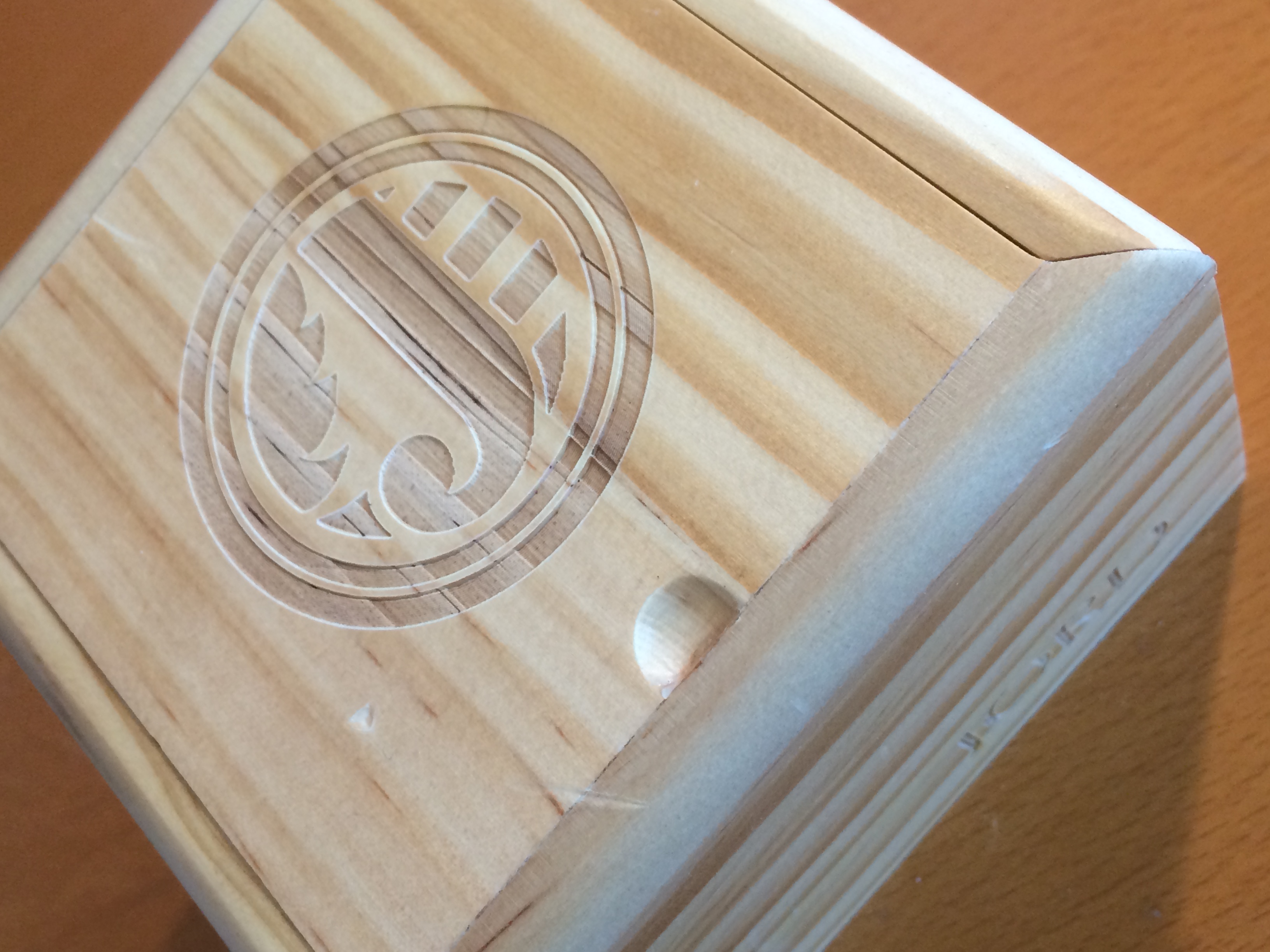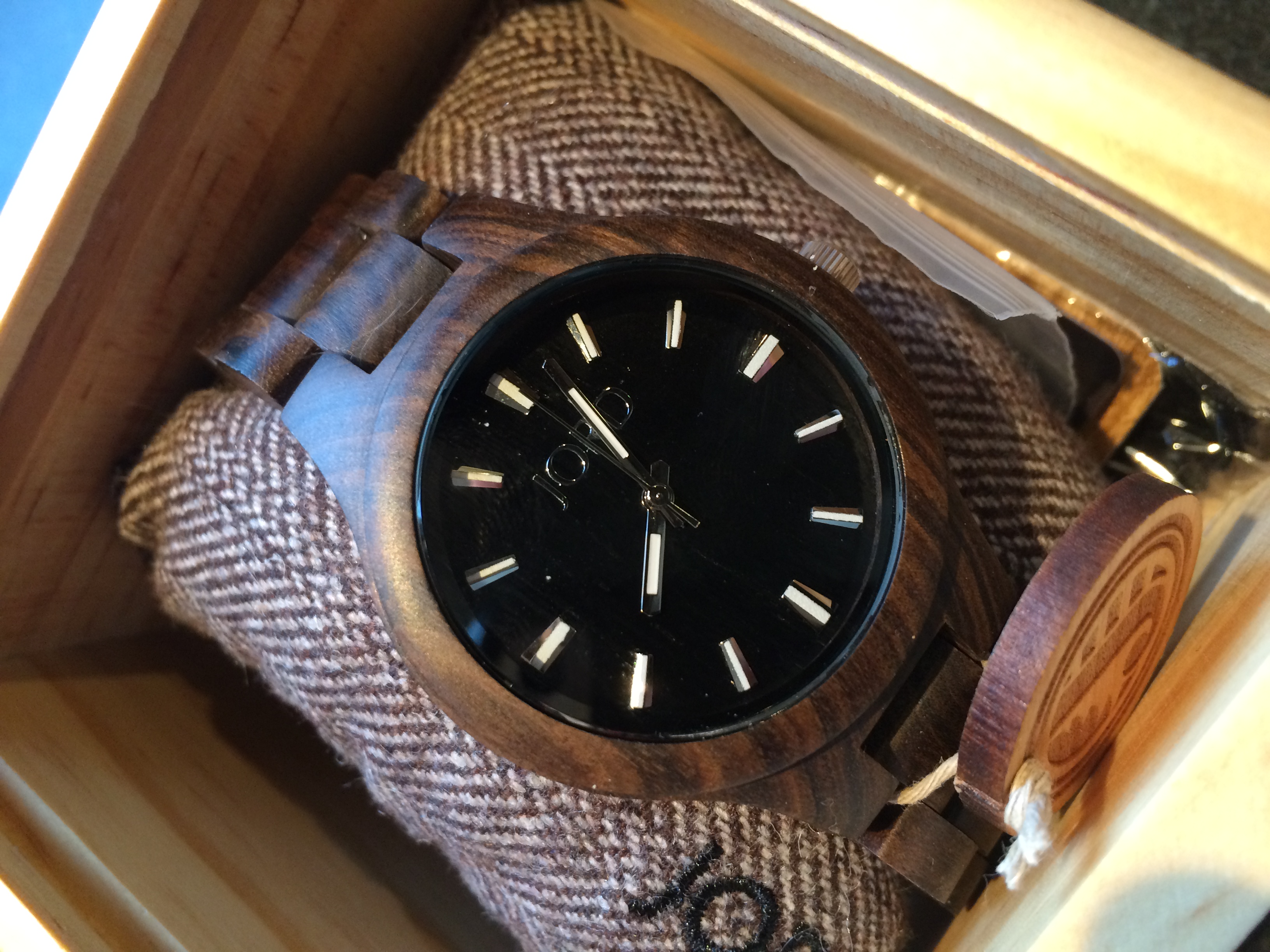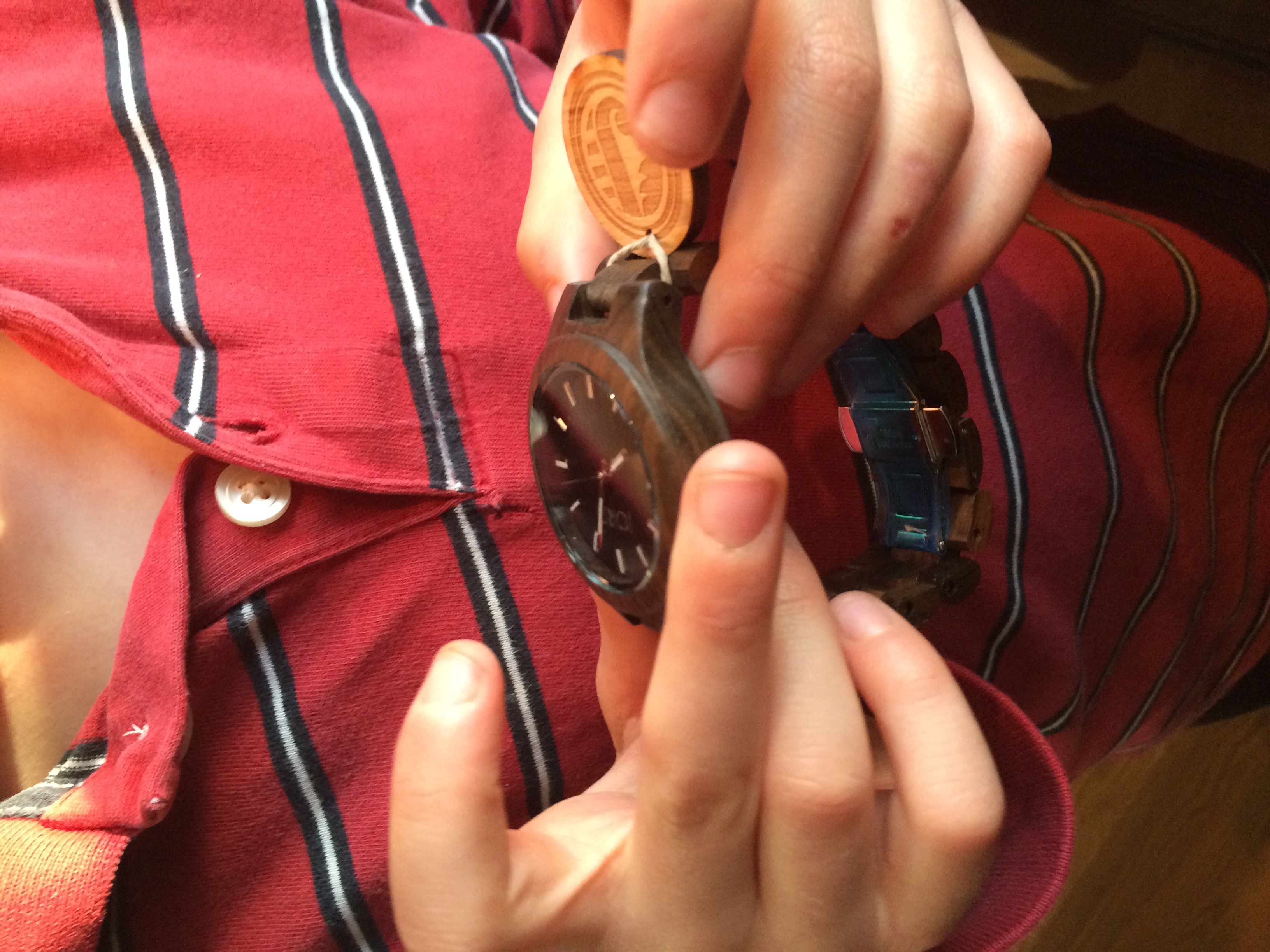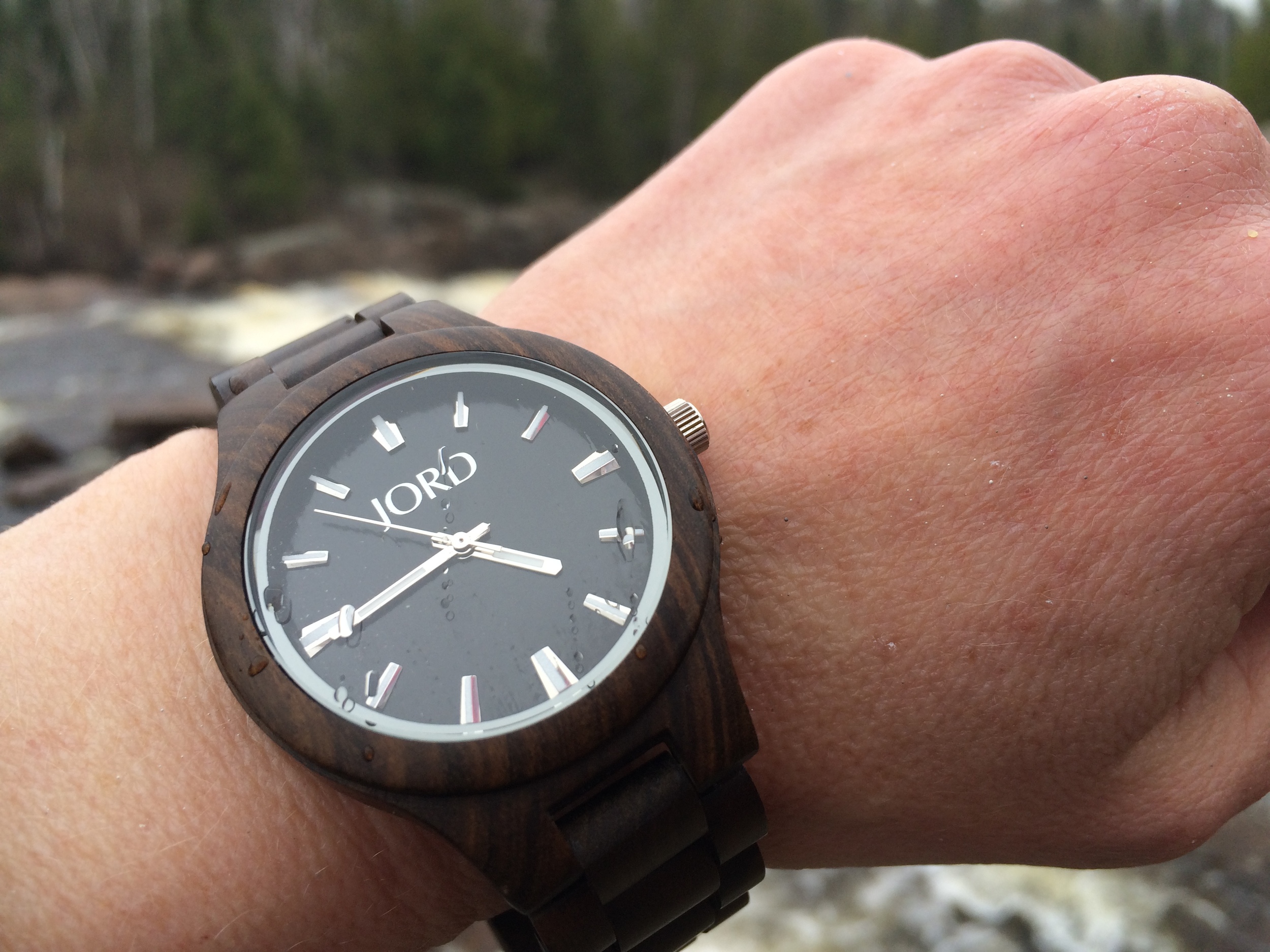Yes. That means what you think it means.
Rachel and I decided to separate in December. Last Wednesday, the movers came to pack up and cart off what she’s taking to her new house, the place she’ll live full-time, with Rowan and Isaac half-there, half-here.
Between then and now, I’ve kept pretty quiet (online, at least) about the whole process. Too raw, too close, and — frankly — too private. And in large part it will stay private. I can say that it was a mutual decision, that it was and is the right decision, that it’s generally amicable, that the boys are thriving, and that we tried really hard for a long time and in the end concluded that it just wasn’t going to work.
And so, we called it.
Between then and now, I’ve taken stock, in so many senses of that phrase. What will stay and what will leave? What will I have to replace, and how much will it cost, and which of those items can even be bought? Where do I stand in this very moment, in the moment after that, and the one after that? What have I amassed, to whose credit, and does it even matter any more? And I’m hardly talking about money or things here, although I have talked plenty, too much, about money and things.
Between then and now, I’ve been living what I started referring to as a “half homeless” existence: alternating time in the house with the boys with time travelling or staying with a series of uber-generous friends, colonizing guest suites and bandwidth, feeling utterly welcome and ridiculously taken care of and also needy, tiresome. Two weeks ago, I returned from a trip (actually, the Mom 2.0 Summit, where I got to share this news in the way, ideally, that it should be shared — in person — with a crowd of online intimates, and no that’s not an oxymoron, and of course that was invaluable). And I unpacked my suitcase, and nearly cried when I realized that I could put it away away, in the storage closet in the basement. I could actually unpack my toiletries case, take my toothbrush out of its holder, stop using the travel-size floss and skin toner. I’d reached the point where I never bothered unpacking it — why bother, when I’d be returning to it in a couple of days? Yesterday, there was so much more space in the bathroom cabinets, the drawers. The grown-ups’ coat closet is now navigable, with only my stuff in it.
And all that feels in-between, the emptied drawers and cleared-off shelves at the same time glorious with possibility and yawning chasms of emptiness. Are half-full closets half full or half empty? It depends on the day, I suppose.
I am in transition, shuttling through relief and grief, waiting always for the other emotional shoe to drop, to take me from euphoric to despondent, terrified to tough, content to anxious and back again. “The sky is full of shoes,” a friend of mine says, and she’s right: they’re all up there, suspended, waiting to rain down and clobber you or even, sometimes, hold you up.
And, speaking of friends, have I mentioned friends? Because they are the lifeline through this whole process, the way they show up and listen and listen and listen even more, witness you in all your devastation and don’t try to talk you out of it, give outrageously and still manage to make it feel reciprocal. I didn’t know what I had, really, until this happened. I could go on, but I get choked up whenever I try to write about it and I descend into clichés.
(Speaking of choking up: tears are good. One should never apologize for tears. But still, I am — thankfully — well over the reflex of bursting into tears any time anyone asks how I am, anytime I mention the separation. Because although they are useful and necessary, tears are also inconvenient, and get in the way of conversation. So, cry, and then be happy to be done crying quite so much.)
I originally typed/dictated these words in the literal midst of transition, spending an oddly intimate day with Rachel as we divided up household goods. I’d been dreading this day for weeks, but we managed to get over a couple of initial bumps (there will be more; remember that sky full shoes) and made it mostly work. In some ways, we are so ridiculously privileged that I’m not sure I’ll notice that I have only three flan pans instead of six. (And here’s a riddle: Q. How much Tupperware is half of your Tupperware? A. Still too much Tupperware.) But at one point that day I looked at all the boxes piled up at my front door and something about what they symbolized caught in my throat and I dissolved into tears just one more time (shoe!), and she did too, both of us sinking down the hallway walls to the floor, shaking our heads at the surreality of it all.
I’m in between spaces, phases, lives, between disclosure and privacy, (co)dependency and independence, intimacy and boundaries, between celebration and grief. I’m literally in between time zones, but that’s also a metaphor as I ponder the next phase of my life as a grown-up, which of those empty spaces to fill and how, and what, for now, to keep clear.
“You’re in a liminal space,” said a friend to me — a friend who has also been through this — over a bottle of wine one evening. “And you know, it was always in those in-between spaces that I found myself.”
Come over. I’ll make flan.


















